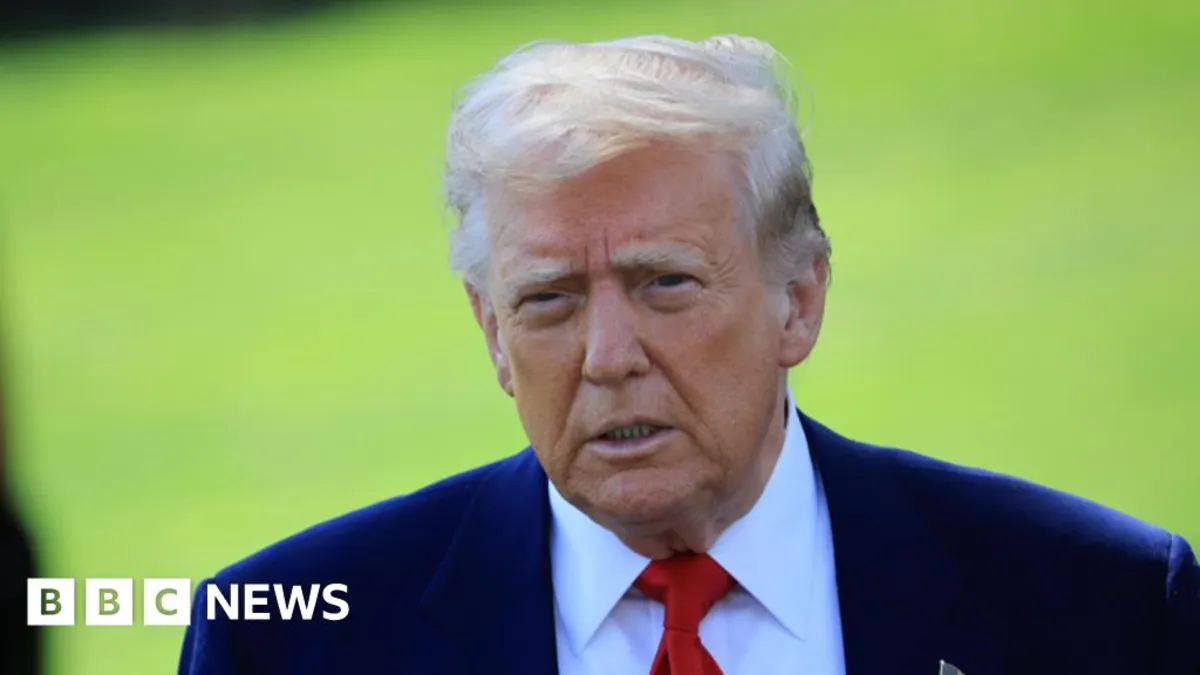
In a significant move, US President Donald Trump has issued an executive order aimed at halting all federal funding directed towards the Public Broadcasting Service (PBS) and National Public Radio (NPR). This decision, announced on Thursday evening, is rooted in the President's claims that both organizations have demonstrated biased and partisan news coverage.
The executive order mandates the Corporation for Public Broadcasting (CPB), which is responsible for distributing federal funds to PBS and NPR stations, to cease direct funding to the fullest extent permitted by law. Moreover, the order specifies that the board should avoid providing future funding to these news organizations. The White House has emphasized that the focus is not on the specific viewpoints promoted by NPR and PBS, but rather on their failure to present a fair, accurate, and unbiased portrayal of current events to American taxpayers.
In defending the decision, the White House stated that funding for news media is not only outdated but also detrimental to the perception of journalistic independence. They argue that the media landscape has evolved and become increasingly diverse, making federal support unnecessary. However, it is important to note that the CPB budget has already been approved by Congress through 2027, which complicates the immediate implementation of Trump's order.
According to estimates, over 40 million Americans tune in to NPR public radio weekly, while 36 million viewers watch local television from the PBS network each month. NPR director Katherine Maher projected that the radio station would receive approximately $120 million (£90 million) from the CPB in 2025, which constitutes less than 5% of its overall budget. Both NPR and PBS have previously voiced concerns that Trump's funding cuts could severely impact those who depend on them for credible news, particularly during critical situations.
Media rights organization Reporters Without Borders (RSF) raised alarms last Friday regarding what they describe as a troubling deterioration in press freedom in the United States under Trump's administration. They highlighted the unprecedented challenges faced by independent journalists around the world, emphasizing the potential consequences of weakening public broadcasting services.
As this situation unfolds, the implications of Trump's executive order on public broadcasting and the future of independent journalism in the United States remain to be seen.